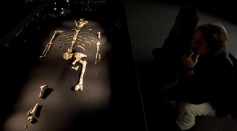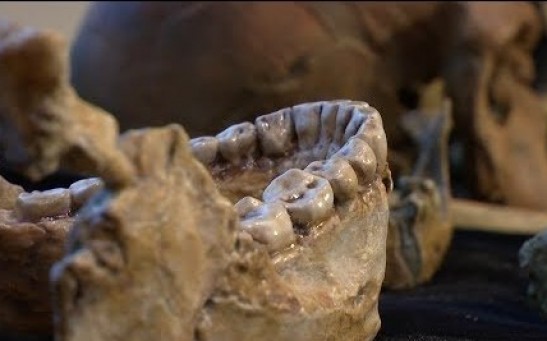human evolution

Humans First Evolve In Europe Not In Africa, Fossils Prove

Human Limb Regeneration Might Be Possible Through Immortal Acorn Worms’ DNA Study, Scientists Say

Fossils Found May Change The History Of Human Lineage, Leaves Doubt That Humans Originated In Africa

Study Finds Hominid May Have Lived Alongside Modern Human

Ancient Human Species Findings of Homo naledi Bring More Questions of Human Evolution
Ancient Skull Shows Signs of Lethal Combat
A New Species is named following the Discovery of a 3-Million-Year-Old Jaw Fragment
Oldest Stone Tools Discovered in Kenya, Pushing the Technology Back Some 700,000 Years
He Said, She Said: Actually, Both Say, When it Comes to Where Hunter-Gatherers Live
From Single Cells to Us—The Tale Of Evolution As It's Told At Deep-Sea Vents
How a Beaked Whale Fossil May Reveal Origins of Humanities First Steps
Most Popular

How Technology Is Changing the Real Estate Industry?

How a Plant-Based Diet Can Protect Against Breast Cancer: Insights from Nutrition Research

Study Reveals High Turnover in Scientific Research Careers: What This Means for Future Scientists

Why It's So Difficult to Lose Weight: The Biological Explanation Behind Obesity






